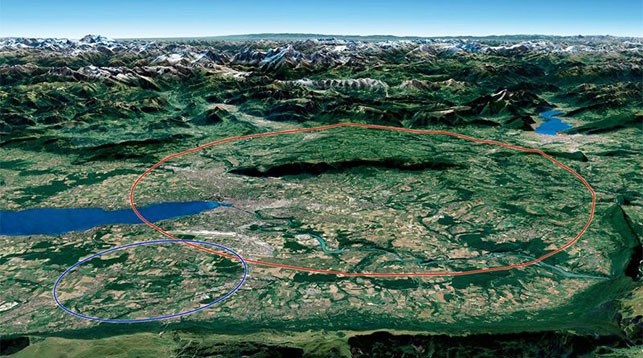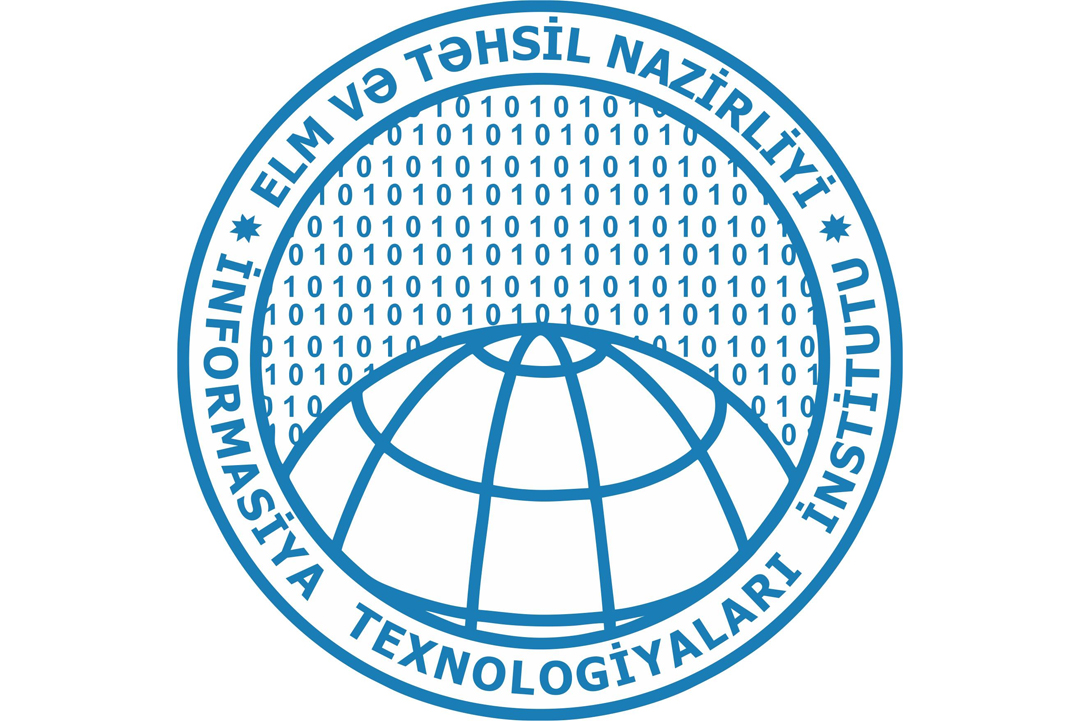NEWS
CERN Announces Super Collider Construction Plan

The European Organization for Nuclear Research (CERN) released a report with a plan to build a new particle accelerator, which will be four times larger and six times more powerful than the Large Hadron Collider (LHC).
The technical report submitted on January 15 suggests several preliminary projects for the Future Circular Collider (FCC). The cost of projects varies from 9 to 21 billion euros.
According to Jan Francesco Judis, an Italian theoretical physicist working at CERN plans to build a supercollider are a huge leap, which in its significance can be compared to planning a trip to Uranus. The scientist notes that after the historic discovery of the Higgs boson in 2012, the LHC did not detect new particles. This indicates the need for more ambitious technology.
Meanwhile, some experts believe that the cost of building a supercollider may not justify itself. So, theoretical physicist Sabina Hossenfelder from the Frankfurt Institute for Advanced Study says that this money can be spent on a number of important projects. For example, placing a large radio telescope on the Moon or a gravitational wave detector in Earth’s orbit, in its opinion, would be a more reliable option in terms of their contribution to science.
To date, the largest and most powerful particle accelerator in the world is the Large Hadron Collider. It is built on the border of Switzerland and France, its length is 27 km. The collider is designed to obtain fundamentally new data on the nature of matter and the fundamental physical laws. With the help of the LHC, it became possible to detect the Higgs boson - the last link of the physical theory of the "Standard Type" which was absent for decades. This discovery brought the Belgian scientist Francois Engler and the British professor Peter Higgs in 2013 the Nobel Prize in Physics.
In December 2018, scientific experiments at the LHC were suspended for two years. During this time, scientists and engineers will upgrade and repair the accelerator to increase its luminosity. This will allow the LHC detectors to gather statistics more quickly, which means it will increase the likelihood of new discoveries.



